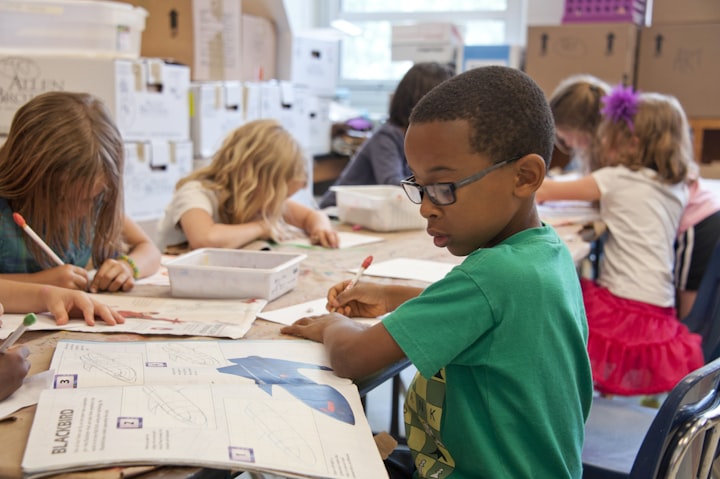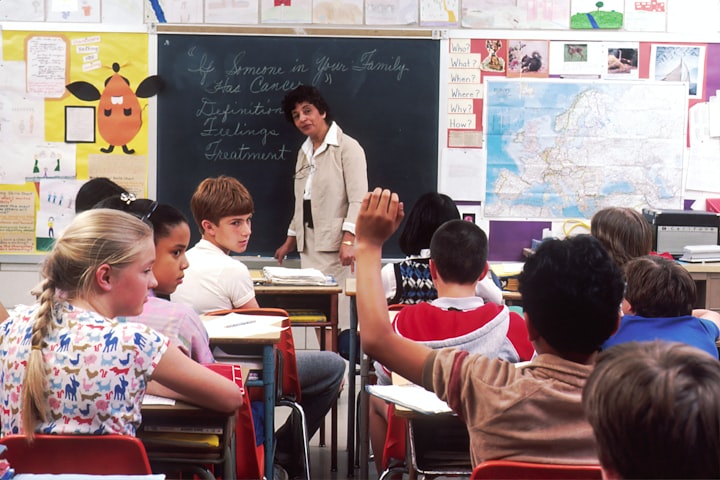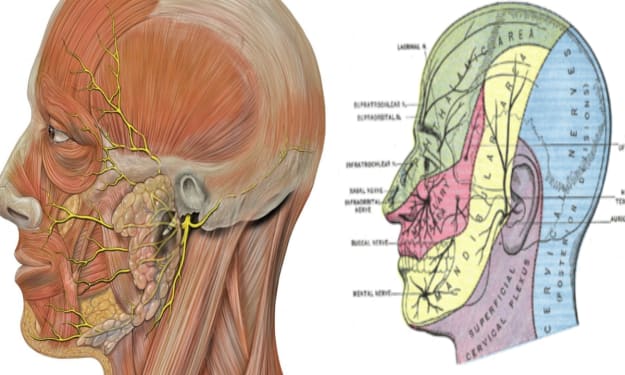what Should Constitute the Scope of Sociology of Education?
Sociology of Education should encompass all the components that define a given society and their impact on the education system within that society
‘Sociology’ is defined as the study of man and his environment in their relationship with each other. Education on the other hand is the process by which society, through schools, colleges, universities, and other institutions, deliberately transmits its cultural heritage - its accumulated knowledge, values, and skills - from one generation to another”.
Combining these two definitions, we can define “sociology of education” as the scientific process of investigating the interaction and interrelationship between the society that we live in and the education systems that we have. The investigation answers the question of how education influences people in a society and vice versa.
With this understanding, what should constitute the scope of Sociology of Education?
Sociology of Education should encompass all the components that define a given society and their impact on the education system within that society. These include:
i. Education and culture.
ii. Education and gender.
iii. Education and the family unit.
iv. Education and social stratification and classism.
v. Education and religion
vi. Education and political organization.
i. Education and Culture
The aims & goals of education systems, the curriculum taught in school, student discipline, student-teacher relationships, and the methods of teaching must all align with the values, ideas, and patterns of society. Education has to cater to the cultural needs of society. In that regard, sociology of education should focus on learning the cultural values and needs of a given society and realigning education systems to suit those cultural values and cater to those cultural needs.
For example:
In Kenya, corporal punishment was widely accepted as a form of discipline in the 1990s and before. Spanking was seen as a necessary and non-negotiable way to correct unacceptable behavior. Today, young parents who grew up in the 80s and 90s believe spanking kids is cruel and inhumane. Schools must, therefore, rethink their disciplinary methods and align them with the shifting paradigm with regard to discipline.
Another example is how the school curriculum must align with the cultural needs of society. In several states in the USA, society is okay with their kids learning about LGBTQ in school. That’s not the case in Kenya and Africa as a whole. Curriculum developers cannot force the topic of LGBTQ on our Kenyan curriculum because it goes against our cultural values as of now.
On the other hand, education needs to help society grow by removing cultural lag. Education systems shouldn’t just sit and wait for the culture of society to evolve. They should actively participate in changing the culture. For example in Kenya, we have our traditional music and art. But as much as our music may mean a lot to us, it has proved over time to be incapable of competing with other countries such as Tanzania and Nigeria. Our schools, therefore, should be on the front line in helping youthful artists sharpen their artistic skills and knowledge so that they can compete effectively on the continental and even global stage.
ii. Education and gender.
According to UNESCO, there exist large gender gaps in education. Globally, there are more women than men who cannot read and write. But then, there are more boys than girls out of school around the world.
Sociology of education should investigate education systems in relation to access, content, and learning outcomes based on gender. It should also focus on life and work opportunities for educated women.
In Kenya today, so many girls are missing school for at least a week every month when they’re on their period. The main reason for this is that many parents still don’t see the need to invest in the menstrual hygiene of their teenage girls. Sociologists should look into this problem and make actionable recommendations on how we can get parents and society as a whole invested in menstrual hygiene.
On the other hand, so many boys in Kenya are involved in banditry at the expense of their education, especially in Kenya’s pastoralist communities. Sociology of education should concern itself with studying banditry and its impact on education in the counties of West Pokot, Baringo, Elgeyo Marakwet, Laikipia, Samburu, and Turkana.
In the labor market, the Kenyan government has been proactive in ensuring gender equality, especially in governmental organizations. We even have affirmative action that’s helping women get into leadership positions. Sociology of education should look into the pros and cons of affirmative action in Kenya with regard to gender equality today and in the future.
iii. Education and the family unit
Family is no longer what it used to be in the past. Today, cases of incest and rape in the family are quite rampant. Divorce and separations are also on the rise, and this has led to an increase in single parenthood in Kenya. What’s more, with land diminishing and parents being forced to move away from home in search of jobs, most parents are no longer at home. This affects the socialization of children. Most kids are either raised by housegirls who aren’t members of their families or by daycare attendants who are in the business for money. In this confusion, many kids are missing out on important qualities like sincerity, sympathy, consciousness, self-submission, responsibility, and consciousness. The burden of imparting these qualities to children has shifted to educators. Sociology of education should, therefore, concern itself with the changing role of a teacher in shaping children into important and responsible members of society.
iv. Education and Social Stratification and Classism
The social strata that a child belongs influences the quality of education the child gets as well as the profession and occupation the child ends up in. Kids are almost compelled to adopt the same or slightly better professions as their parents. This happens in two ways:
First, kids born into poverty live in poor neighborhoods and access low-quality education. This limits their chances of success in life.
Secondly, poverty creates undesirable prejudices and encourages narrow-mindedness in a family and, by extension, the child. Kids who are privileged to interact with family members and friends in prestigious professions are more likely to excel in life than children who grow up interacting with cattle rustlers, for example.
In Kenya today, kids from able families are enjoying life in private junior secondary schools. These schools have labs, teachers, libraries, and all the amenities needed to run the CBC curriculum. This is not the case with public junior secondary schools that children from poor backgrounds have been forced to join. Some schools have only one teacher handling more than 10 subjects in a class of 50 learners. The future of children coming from the lower classes is in serious jeopardy.
Sociology of education should focus on looking into ways of closing the gap between different classes of society. In Kenya, it should focus on investigating and giving actionable recommendations with regard to the role that the classification of secondary schools plays in advancing classism in the country. Why should we have, for example, national schools with all the amenities and Harambee day schools with learners studying under trees, yet all children belong to this country?
v. Education and religion
Kenya is a land of religious diversity. We have Hindus, Muslims, Christians, and even traditionalists. Sociology of education should focus on the impact that these religious groupings have on education. Some of these religious groups have schools of their own. We have schools run by the catholic church, for example, where catholic teachings and values are emphasized. In Islam, kids go to Madrassa where they are taught the ways of the Islam faith.
That aside, we have religious education as part of our school curriculum in Kenya. And with the rise of traditionalists, especially in Masai and Kikuyu lands, sociologists should rethink the need for religious studies in our schools. A significant number of families in Kenya today don’t associate themselves with what they call foreign religions. Should their kids be forced to take religious classes?
vi. Education and the Political System.
Politics play a huge role in the management of government-owned schools. The raging debate in Kenya today is whether or not public universities should be funded by the government. There is no doubt that a different government would have approached this matter differently from how the current government has approached it. universal education.
Recognizing the role of politics in educational planning and organization, there is a need for the school system to be involved more in the politics of their country. Young people should be encouraged to take a more central role in politics not just as voters but also as civic educators. Sociology of education should look into ways of incorporating politics into high school and university education.
Conclusion
The scope of the sociology of education, in my opinion, should be centered on emerging issues in society. The interrelationship between education and the social system keeps shifting, and so should the scope of sociology of education.







Comments
There are no comments for this story
Be the first to respond and start the conversation.